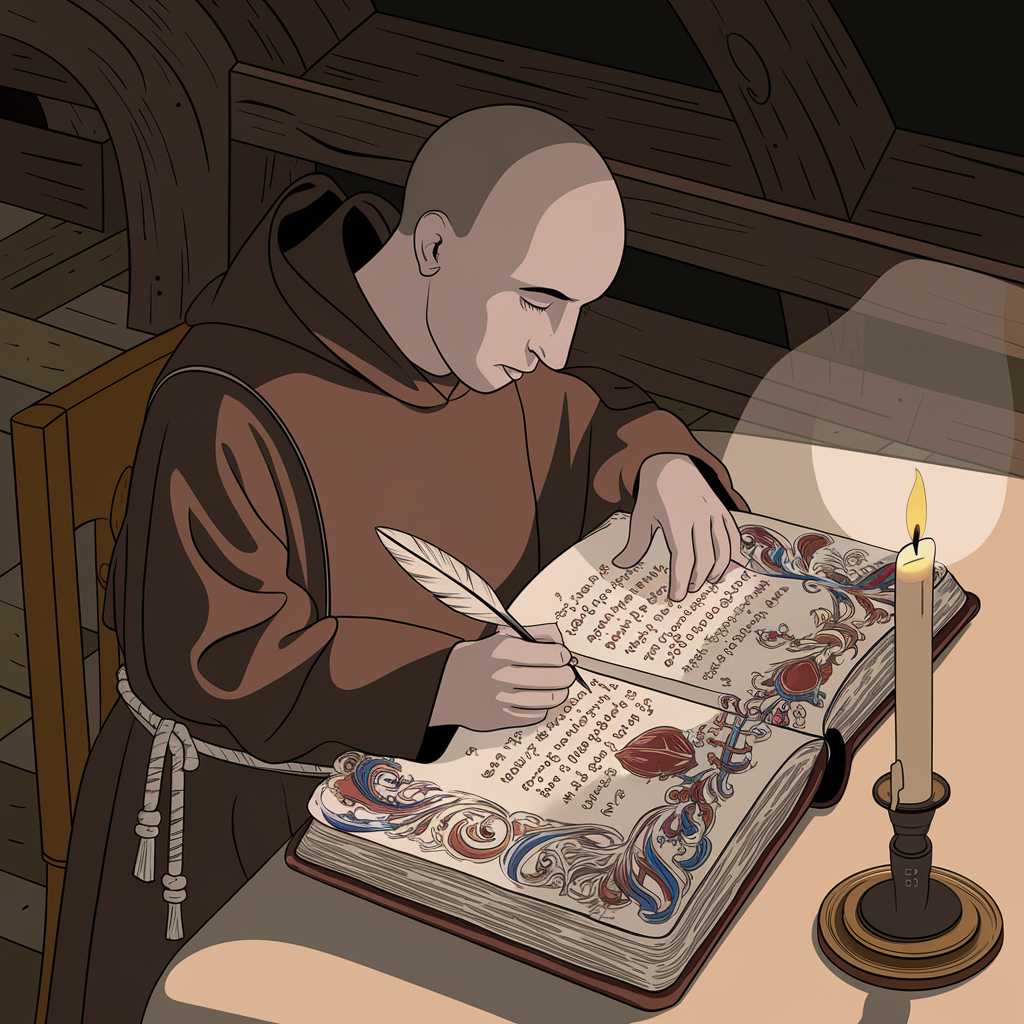HOPE - Advent Week 1

Hate In Unlikely Places
It hurts to admit it, but the hate starts with me. It is easy to look out there for the damned ones. It’s why comparisons to Hitler roll off everyone’s tongues, including mine. We advocate to limit the rights of our opponents and decry any hint to the limitation of our own rights, and we call this justice. Alexander Solzhenitsyn said, “The line separating good and evil passes not through states, nor between classes, nor between political parties either—but right through every human heart—and through all human hearts.”
Our hate blinds us to our own inner contradictions. Opponents can even use the same phrase, “My body, my choice” for both abortion or anti-vax sentiments. We would rather read our own satire and heckle the worst examples of our opponents than truly seek to listen and understand. We are hopeless.
When we zoom in to our personal lives, it gets even more complicated. Pretty much all your neighbors are somewhere in between not perfect and not evil. We all have our hangups. Petty hate often comes out as lack of love for those that are closest to us. We lose our tempers with our children when they annoy us. We treat our partners with contempt when they interupt our attempts to relax. We slide from annoyance to hostility when the person on the other side of the counter can’t help us. Our envy seeps out at the undeserved success of even our friends. If looks could kill, who wouldn’t have blood on their hands?
A Universal Longing
When human selfishness and hate is so ubiquitous, it is hard to see the hate ever coming to an end. Centuries of religious leaders and moral philosophers haven’t made much ground on the problem. When wise men draw lines for wrong or right from encounters with the divine or through human reflection, they setup a dichotomy where some of us will fall on the other side of the line. The buddha created a path through selflessness that is impossible to follow, while Ayn Rand simply enshrined selfishness as the solution. We all want to live up to the good, the true, and the beautiful, but we fail to live up to even our own personal standards. We want justice, but the threat of condemnation haunts us. Our failures not only impact us, they are a means by which we transmit hate to the next generation ruining our hope for our children.
This longing for cosmic justice and a world made right runs deep in human hearts. Almost every religion tells of a final reckoning - a day when the cycle of hate will finally break. The Norse awaited Ragnarök, when the world would be destroyed and reborn pure. Hindus still anticipate Kalki, the final avatar of Vishnu, who will cleanse the world of evil and restore dharma. Muslims speak of the Day of Judgment, when all accounts will be settled. Even Buddhists, who teach detachment from worldly desires, tell of the Maitreya Buddha who will restore true wisdom to a forgetful world. We are not the first to dream of the world made right, nor will we be the last.
The First Advent or Coming of Christ
Christianity contains this same longing. The Jewish people awaited their Messiah - a warrior king who would overthrow oppressors and restore their glory as God’s chosen people. But when Jesus came, he questioned these expectations. Instead of raising an army against Rome, he identified a different enemy. Instead of slaying the haters, he came to slay the hate itself. Where Israel had forgotten their calling to be a light to all nations, Jesus came as a light in the darkness for all men - not to condemn the world, but to heal it from within. The Son of God became a suffering servant, revealing that the path to restoration runs through the human heart. An external standard or rule will do nothing if the heart itself is not renewed.
Humanity had made God its enemy through suspicion, envy, and finally disobedience, but Jesus could not bring himself to abandon us to our own fate. The hate inside mankind was a cancer destroying his beautiful creation. God is love and made us - male and female - in his own image. We were made for love, but we chose against God, and hate was born. Love and hate cannot coexist peacefully: One must kill the other. We all know that love must win, but where does that leave us? We all end up on the wrong side of history.
A Reason to Hope
Not willing to let his precious creation die in a flame war, Jesus came in a way so that he could remove the hate and save us. He entered his own world, a world now tainted with the hate in the heart of every man. He would enter as a man. This surprising plan included Jesus dying at the hands of the hate-filled men he came to save. Demonstrating a love beyond this world, Jesus made a way of redeeming his creation, transforming men by removing the hate within them and resuscitating the love he put there in the beginning. There is now hope, not only for me and you, but for the whole world.
For the Christian, Jesus came so that there might be hope that a world filled with hate would one day be free from this bondage. Hope for a world and a humanity that was not at odds with each other, but one in him. The First Advent of Christ inaugurates a spiritual reality where the promises are true and invites us to participate. The Second Advent of Christ makes them true for the whole world.
 the-christian-year@dualcitizen.media
the-christian-year@dualcitizen.media
